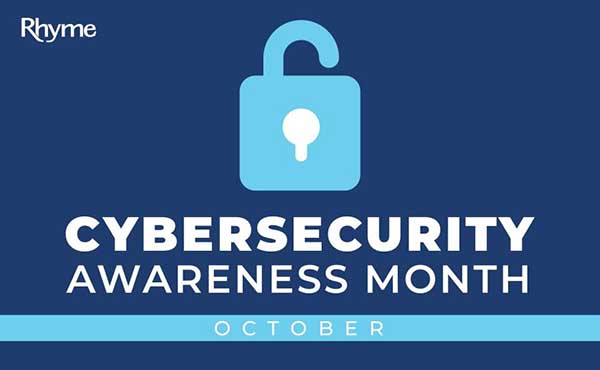
October is Cybersecurity Awareness Month – a great reminder to pause and make sure we’re doing everything we can to stay safe online. This year’s theme from CISA (Cybersecurity and infrastructure Security Agency), “Building a Cyber Strong America,” highlights how every individual and organization plays a part in keeping our digital world secure.
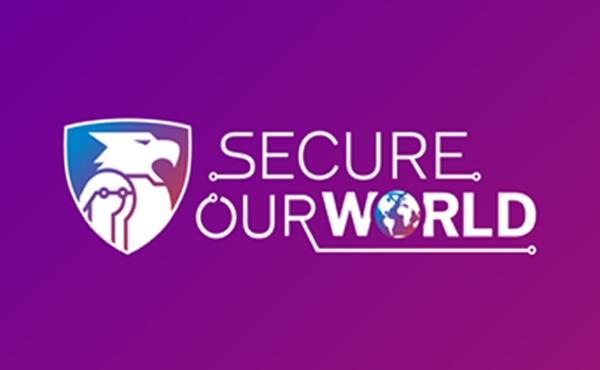
Each October since 2004 has been a time dedicated for all to working together, raising awareness, and ensuring we are doing what we can to, you guessed it, Secure Our World. Taking the month to educate ourselves and learn new ways to protect ourselves and others is a great start, but it’s important to implement these simple practices into your daily routine to keep your security top-notch.
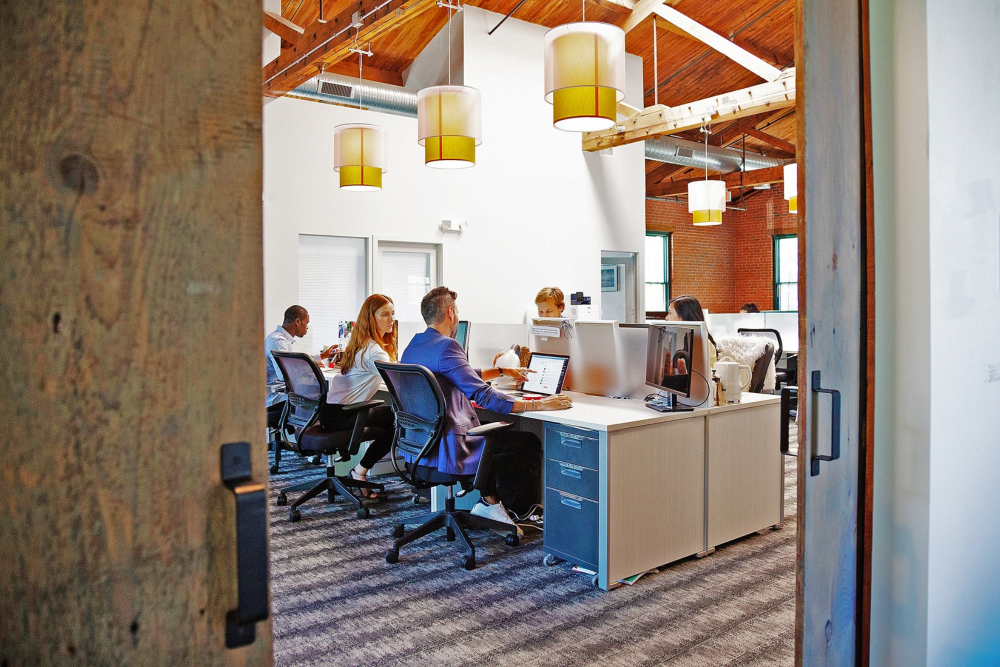
Cybersecurity is the protection of networks, computers, programs and data from attack,damage or unauthorized access. Cybersecurity is essential in today’s world for all businesses, small and large alike, due to the rising number of cyber attacks.

Every day, you likely manage countless documents, emails, and scans, in both digital and printed forms. With the increasing awareness of security threats, we understand the importance of protecting ourselves and our businesses. But how often do you consider the security of your printers and multifunction printers (MFPs)?

With the holiday season kicking off, many people are going to be turning online to do their shopping. Black Friday and Cyber Monday deals are great places to save, however, they’re also perfect opportunities for hackers to attempt to steal your information and scam you. Here are some tips on how to stay safe while shopping online.
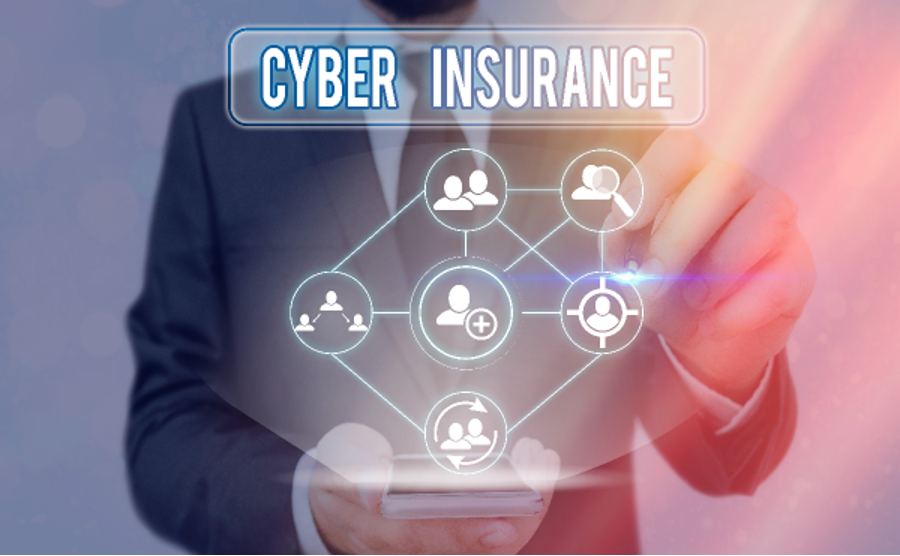
Keeping your company and information secure is a top priority as cyberattacks aren’t going anywhere soon. Whether it be malware, ransomware, phishing, or social engineering, cyberattacks can occur at any time and can lead to huge expenses to resolve. Because of this, many companies are considering Cyber Liability Insurance to help combat this, but what exactly is cyber liability insurance, and what does it cover?
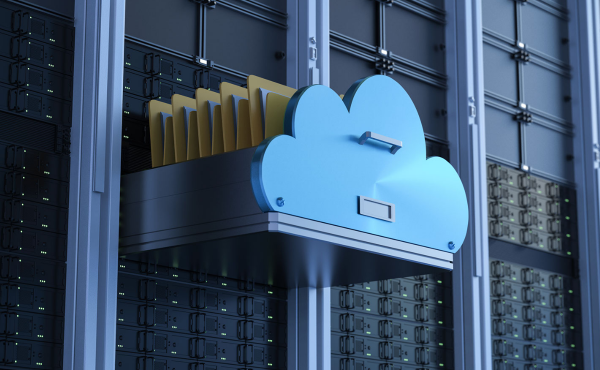
The simple definition of immutable is "unchanging over time or cannot be changed". If we apply this to a backup, we are now talking immutable backups. Backed-up data needs to be stored on immutable media, so that it cannot be changed.

The Cybersecurity and Infrastructure Security Agency (CISA) warns individuals to remain vigilant for scams related to Coronavirus Disease 2019 (COVID-19). Cyber actors may send emails with malicious attachments or links to fraudulent websites to trick victims into revealing sensitive information or donating to fraudulent charities or causes.
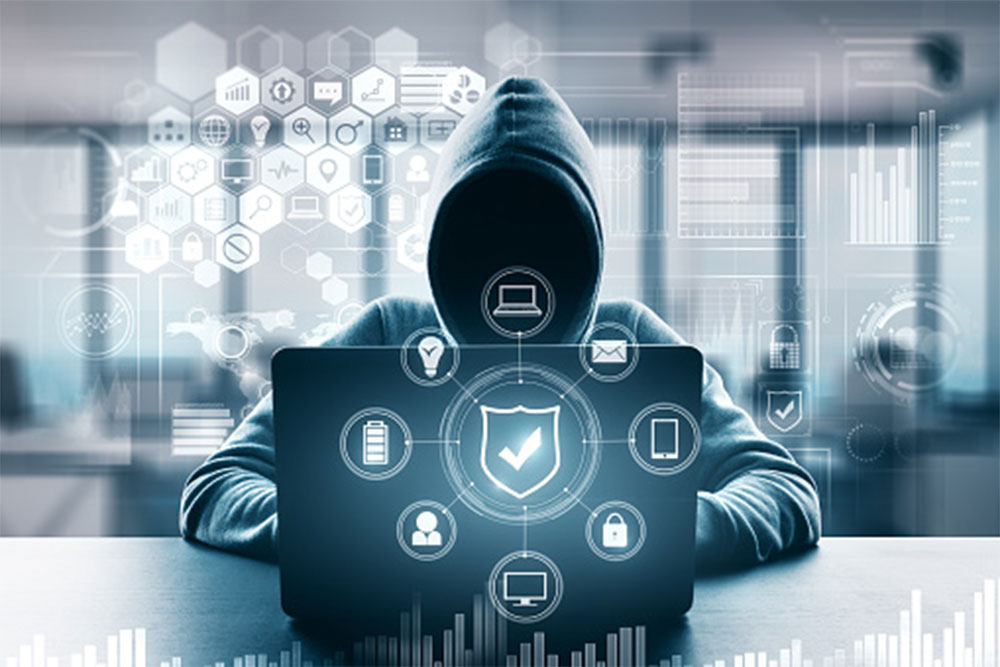
As technology continues to evolve, cyber threats continue to grow in sophistication and complexity. Cyber threats affect businesses of all sizes and require the attention and involvement of chief executive officers (CEOs) and other senior leaders. To help companies understand their risks and prepare for cyber threats, CEOs should discuss key cybersecurity risk management topics with their leadership and implement cybersecurity best practices.
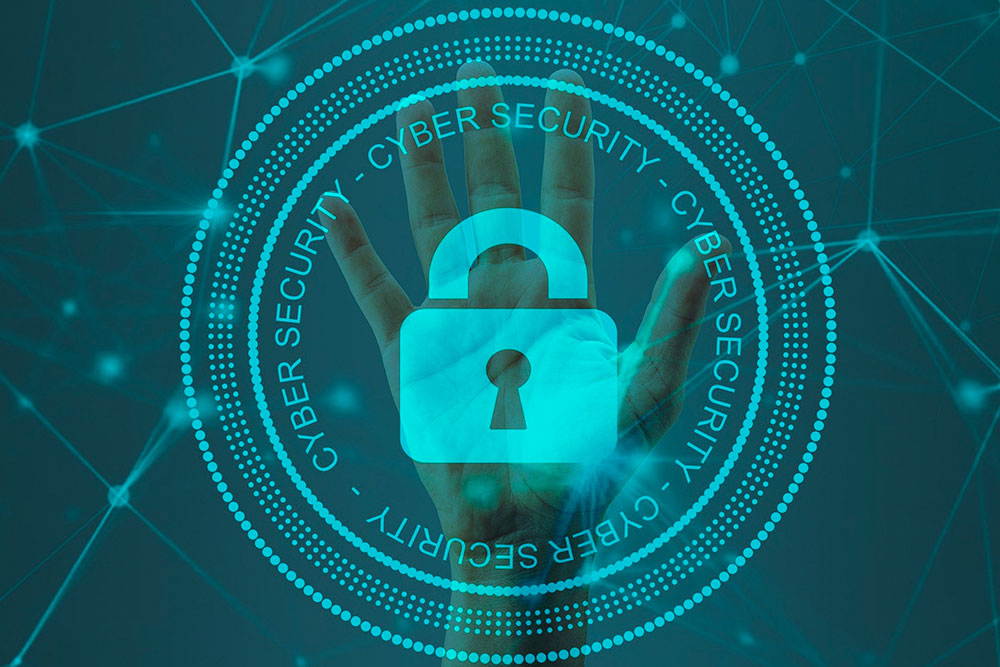
Remote work is not new but may be unfamiliar to some employees, leaders and businesses. With significant rise in temporary work from home, it is important to think about security and keeping your home network security as strong as the office network security.
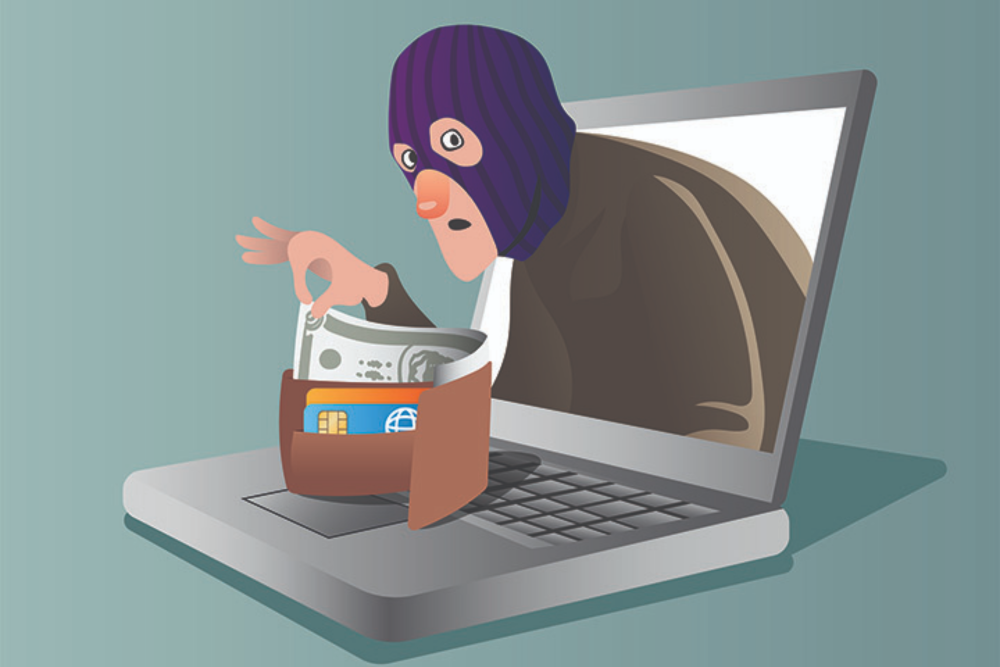
What is the dark web and how do you protect yourself? The dark web is a place where criminals buy and sell stolen personal information, such as credit card numbers, bank account passwords, and even Social Security numbers. Unfortunately, like most things on the internet, once the information is out there, it can’t be erased.
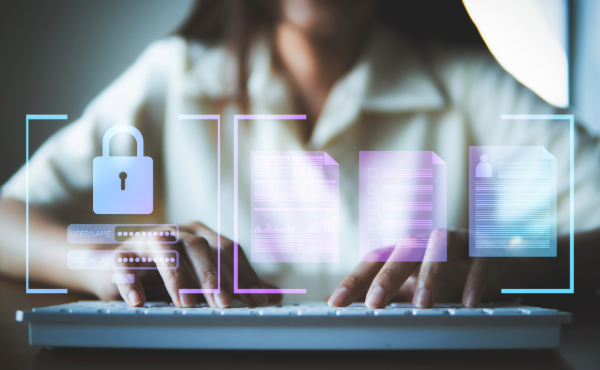
With ever-increasing cybersecurity threats, it's important to stay on top of what the different attacks are and how you can avoid them. There are many different tactics that cyber attackers utilize, but one of the most common attacks is social engineering. This blog will focus on what the different types of social engineering attacks are, so that you can avoid being a victim. We will also discuss some things you can do if you think you are a victim of any of these attacks.

Businesses face significant financial loss when a cyber attack occurs. In 2018, the U.S. business sector had the largest number of data breaches ever recorded: 571 breaches. Cybercriminals often rely on human error—employees failing to install software patches or clicking on malicious links—to gain access to systems.
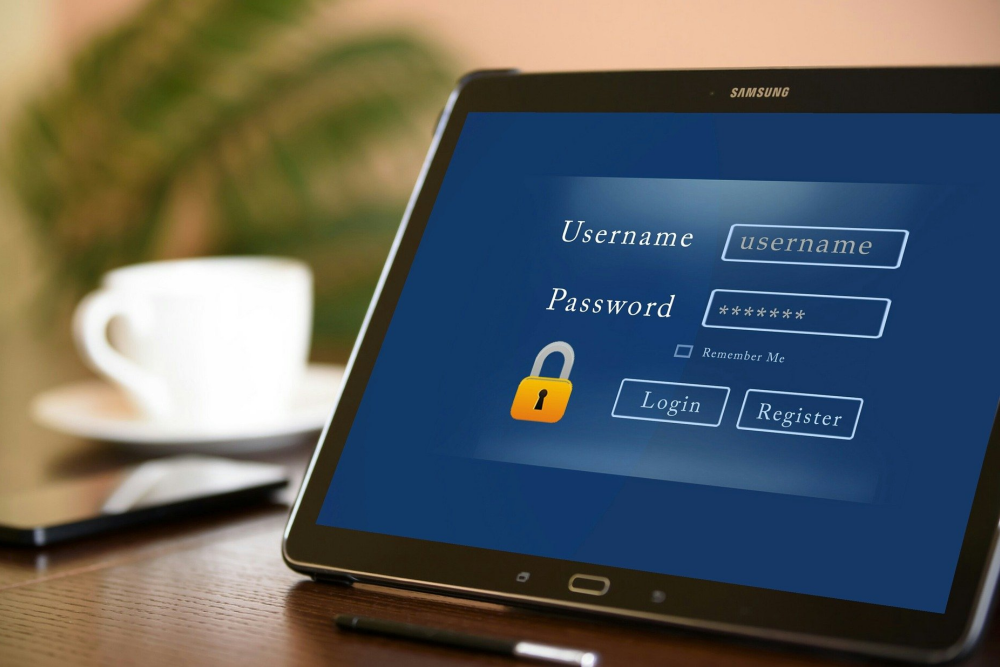
The line between our online and offline lives is indistinguishable. In these tech-fueled times, our homes, societal well-being, economic prosperity and nation’s security are impacted by the internet.